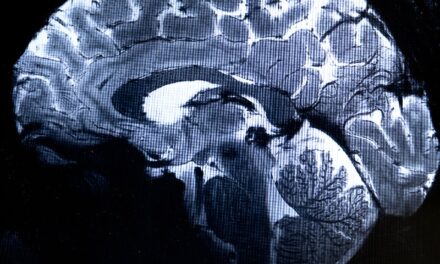In a breakthrough discovery, researchers have established a direct correlation between hot weather and heightened frequency of migraine headaches among sufferers. According to a study presented at the American Headache Society’s 66th annual scientific meeting, each incremental rise in temperature amplifies the risk of migraine attacks, underscoring weather as a potent trigger for these debilitating episodes.
Vincent Martin, director of the Headache and Facial Pain Center at the University of Cincinnati, highlighted weather change as one of the primary triggers for migraines. The study scrutinized 71,030 daily diary entries from 660 migraine patients alongside regional weather data. Results revealed that for every 0.12 degrees Celsius increase in temperature, there was a corresponding 6% surge in headache occurrence.
However, amidst these findings emerged a beacon of hope in the form of Fremanezumab, a drug hailed for its potential in mitigating weather-induced migraines. Administered via subcutaneous injection, Fremanezumab belongs to a class of monoclonal antibodies developed in recent years specifically for migraine treatment. During periods of Fremanezumab treatment, the study observed a complete cessation of the temperature-migraine association, suggesting a promising avenue for migraine-specific therapies.
Fred Cohen, co-author of the study and assistant professor of medicine at Icahn School of Medicine at Mount Sinai, New York, noted, “This study is the first to suggest that migraine-specific therapies targeting Calcitonin Gene-Related Peptide (CGRP) may effectively treat weather-associated headaches.”
The implications of these findings extend beyond clinical settings, resonating with historical insights. As Al Peterlin, co-author and former chief meteorologist at the US Department of Agriculture, pointed out, “Hippocrates believed in the intimate link between weather and medicine. Today, we are substantiating that belief with empirical evidence.”
The research marks a significant stride towards understanding and potentially alleviating weather-triggered migraines, offering newfound optimism for those afflicted by this prevalent neurological condition. As future studies aim to validate these outcomes, the prospect of integrating weather-responsive therapies into mainstream migraine treatment regimens looms promisingly on the horizon.












